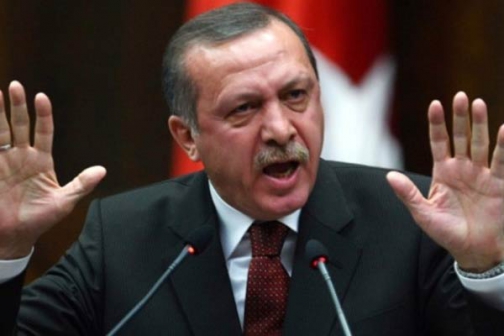×
The Standard e-Paper
Fearless, Trusted News

Ankara: Turkish President Tayyip Erdogan declared a state of emergency on Wednesday as he widened a crackdown against thousands of members of the security forces, judiciary, civil service and academia after a failed military coup.
Erdogan said the state of emergency, lasting three months, would allow his government to take swift and decisive measures against supporters of the coup and was allowed under the constitution.